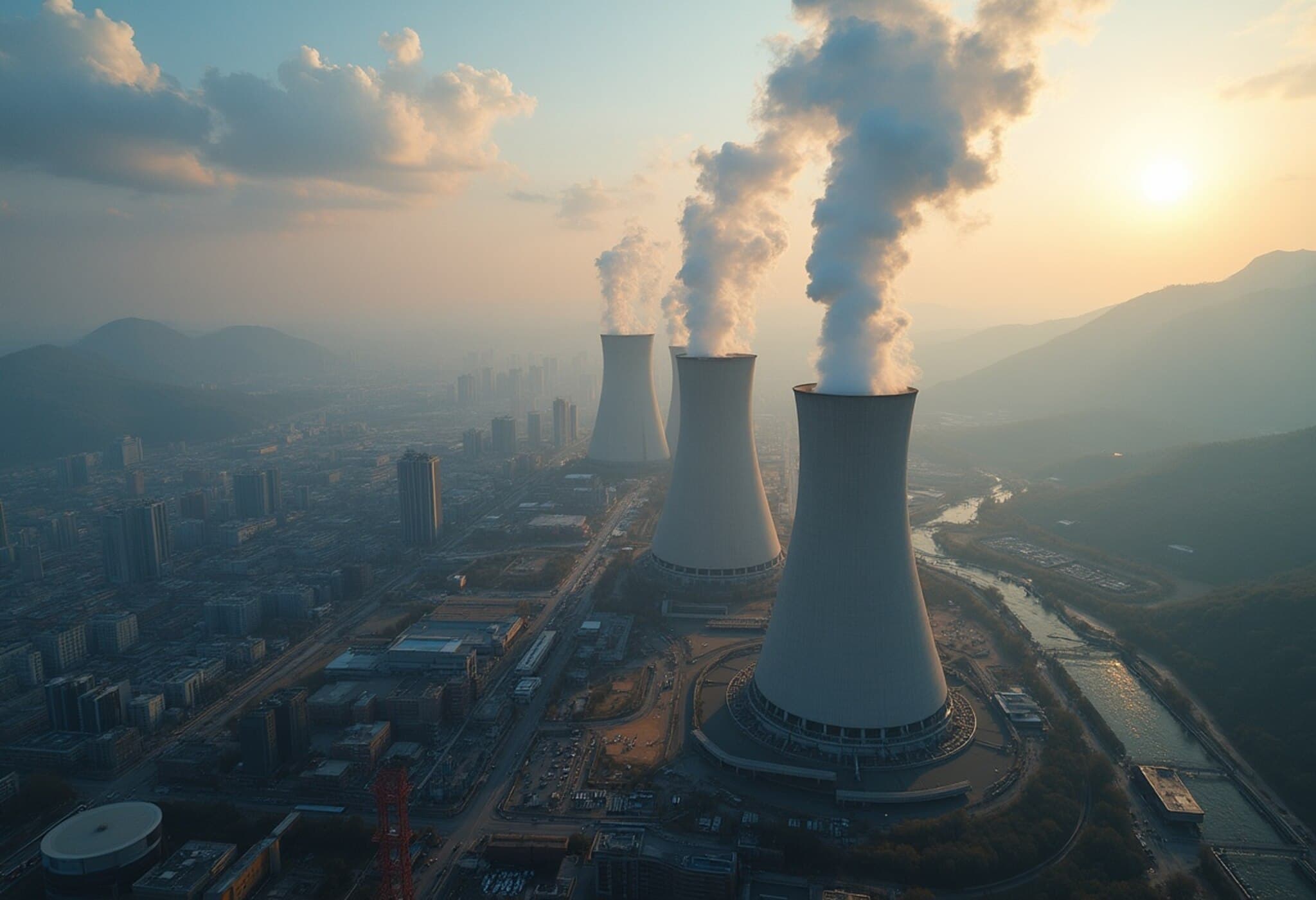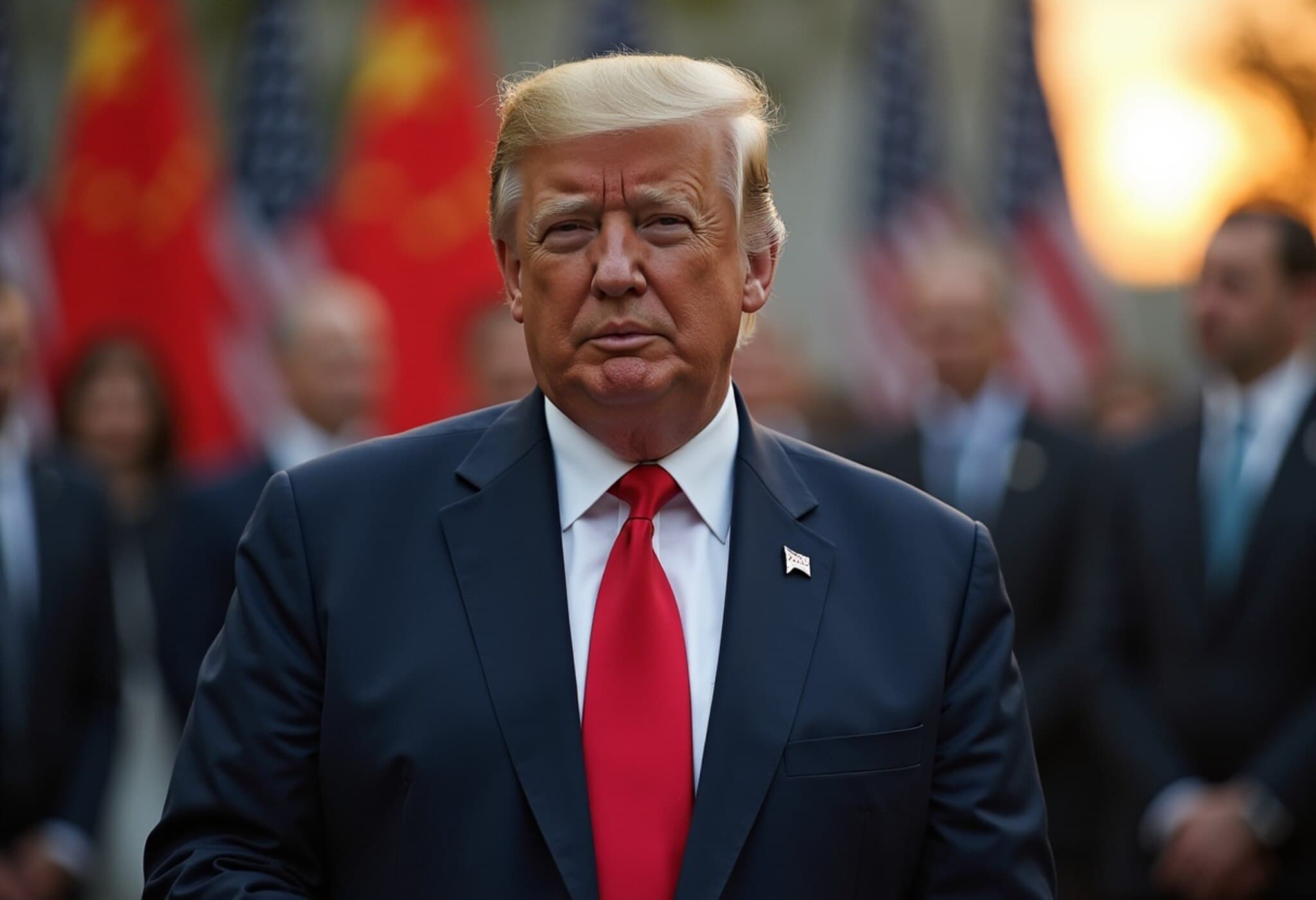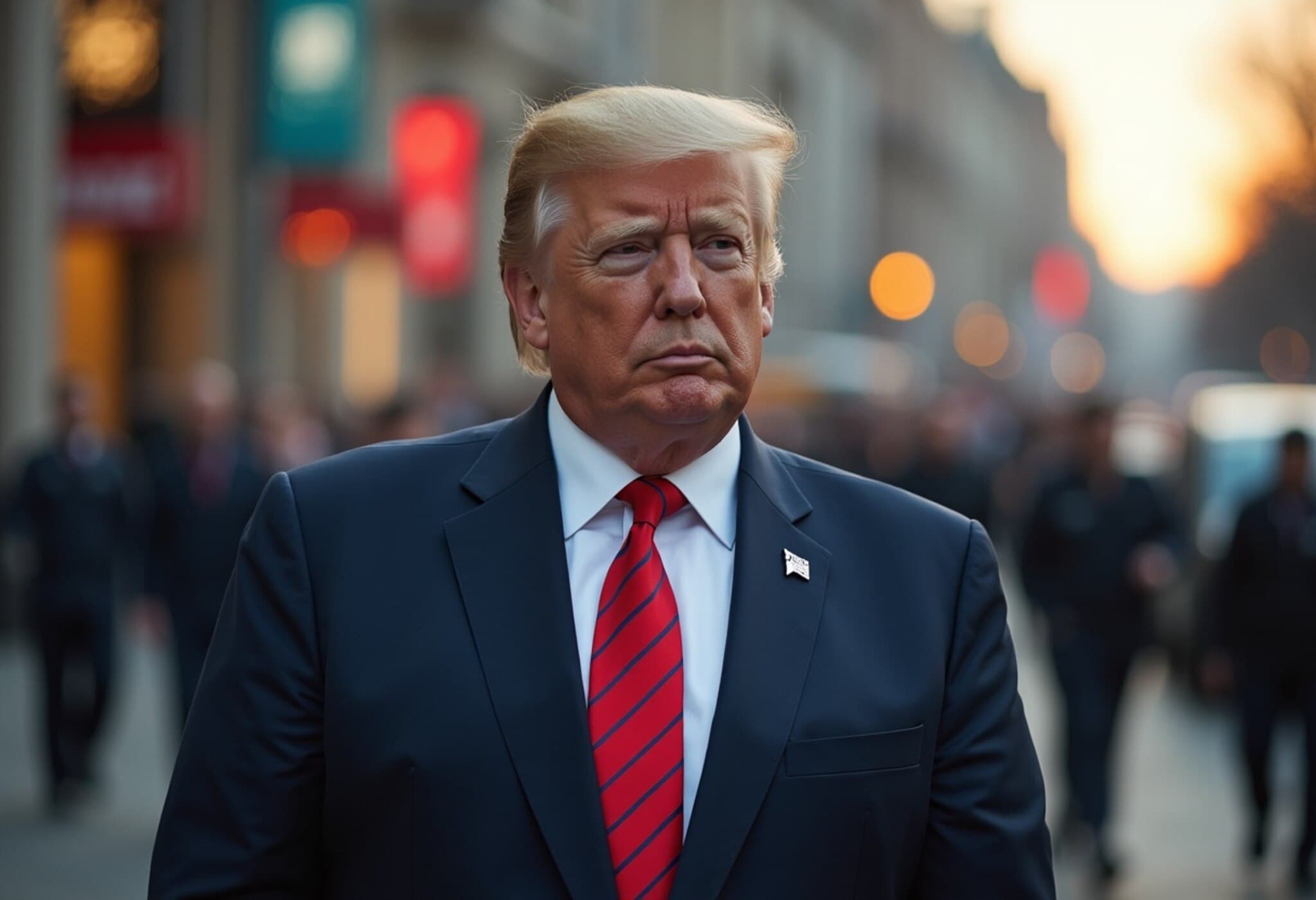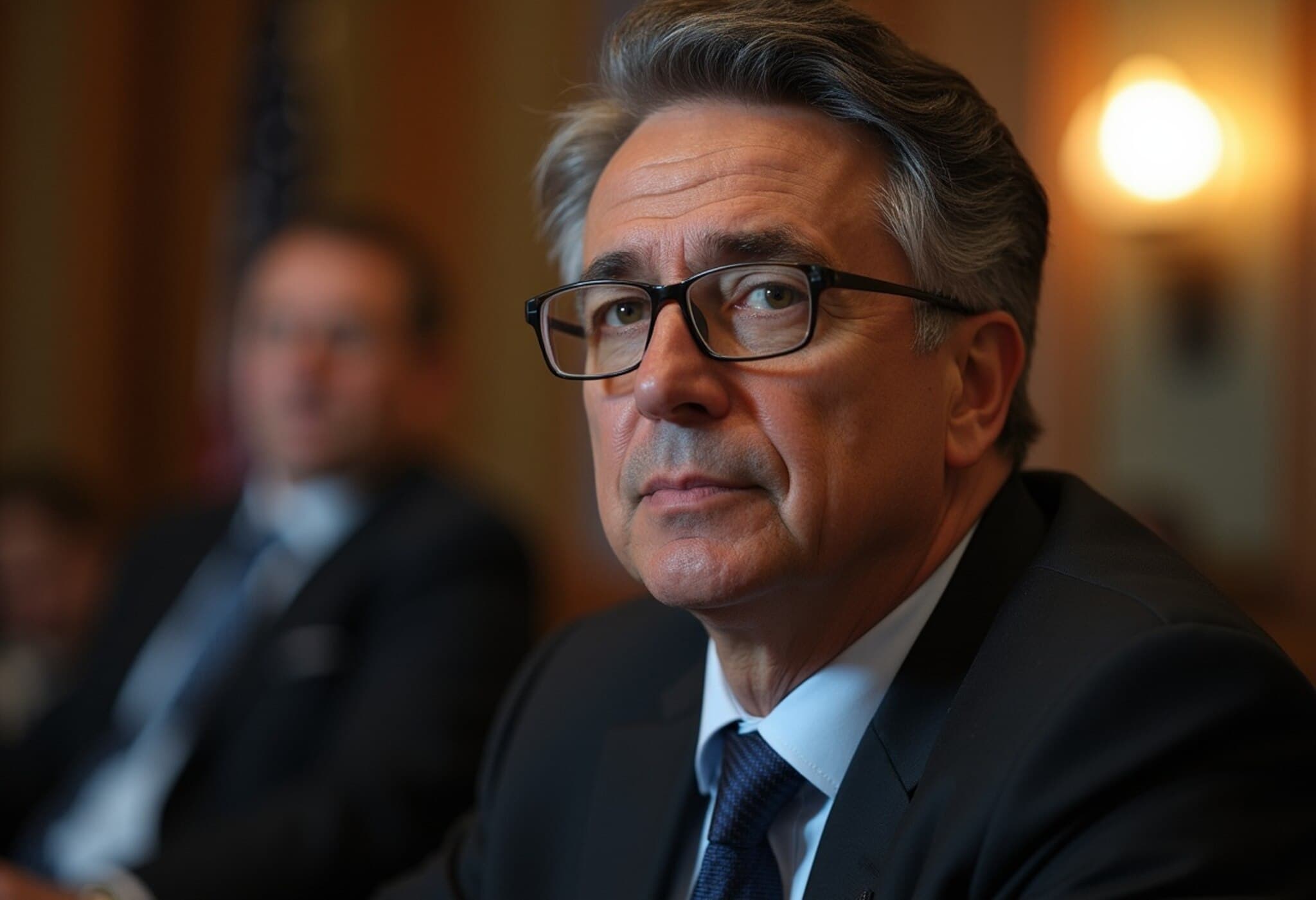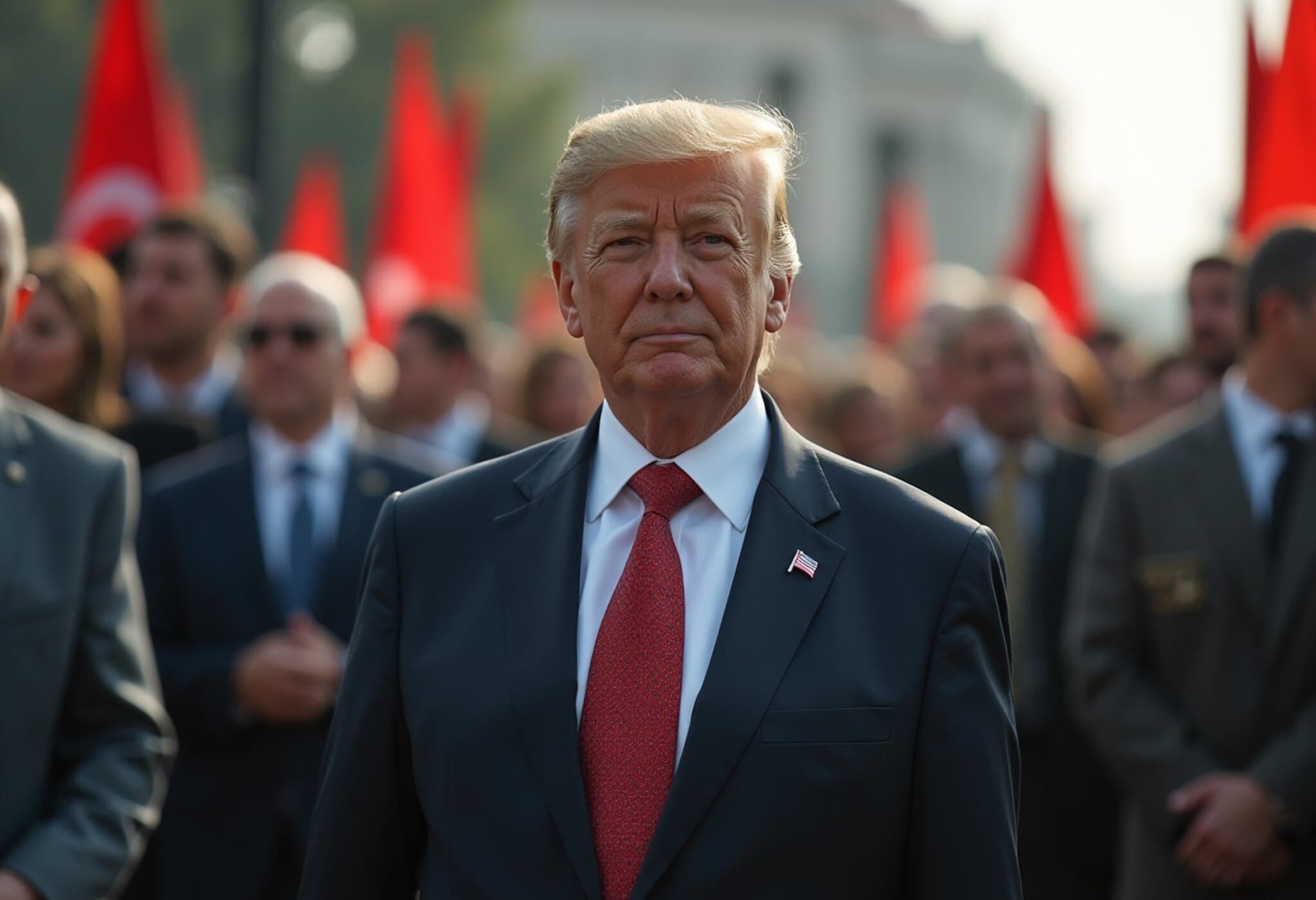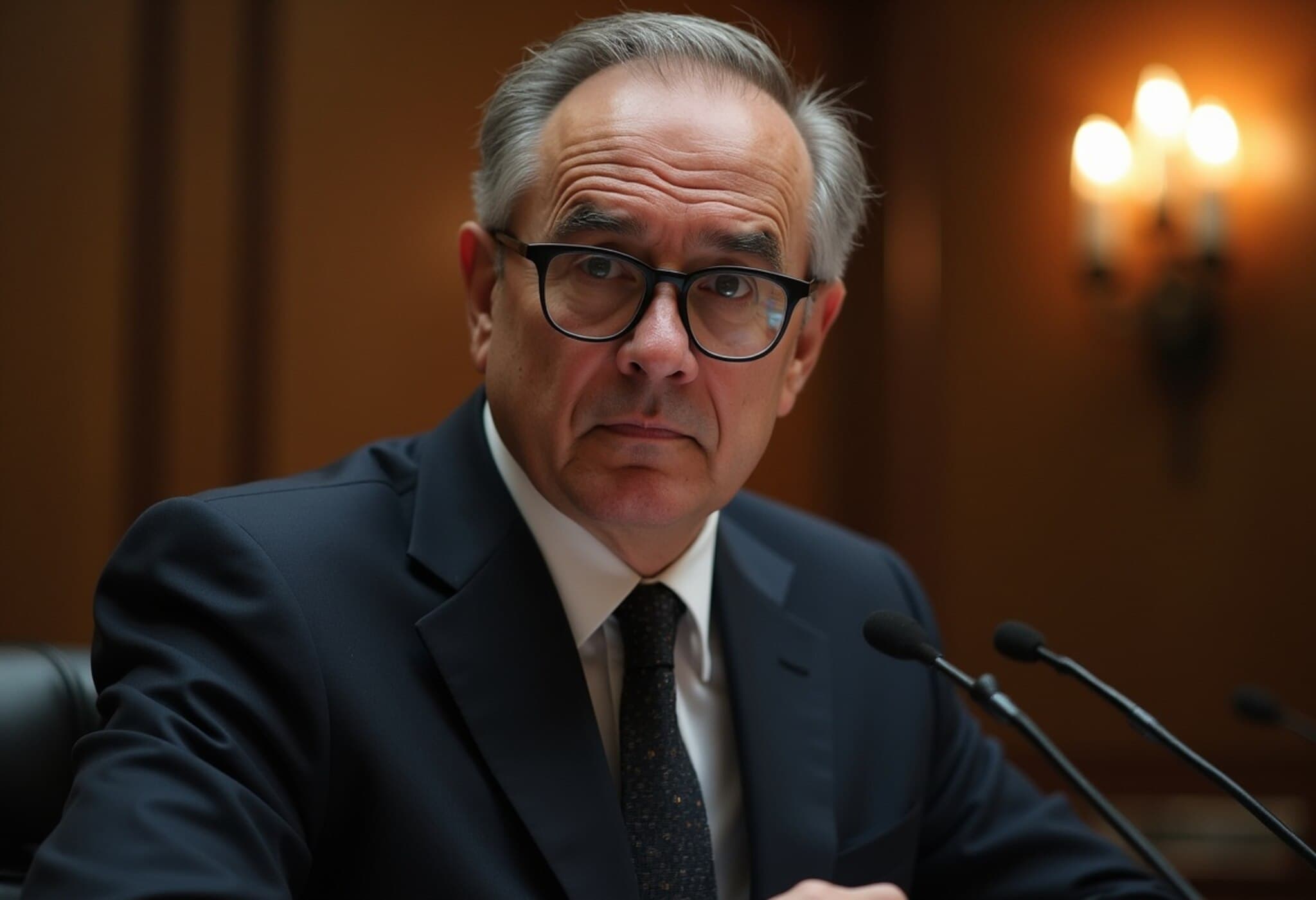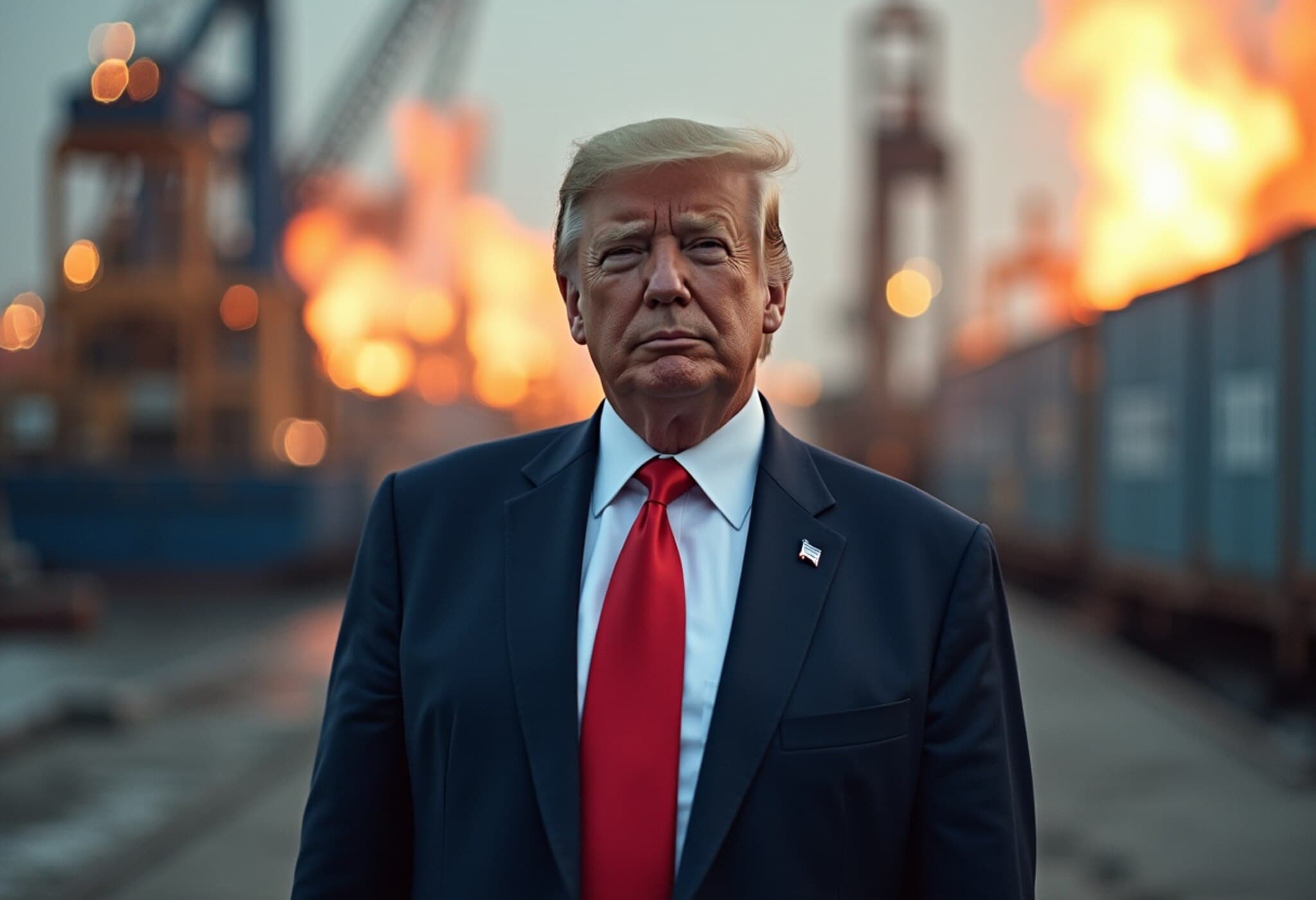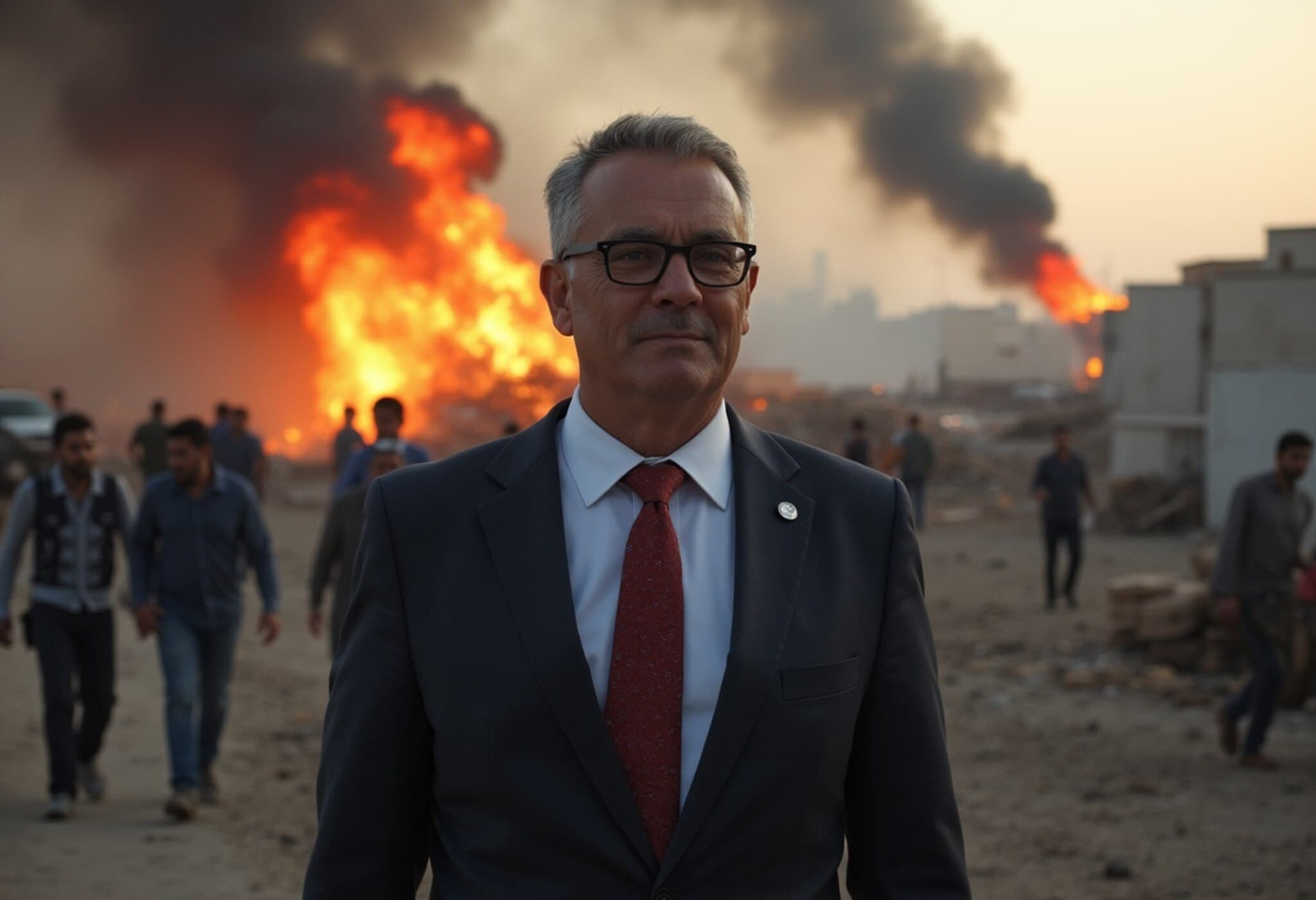India Standing Firm on Russian Oil Imports Amid US Sanction Threats
In a clear message that defies external pressure, India has confirmed it will continue purchasing crude oil from Russia. This firm stance comes despite recent remarks by former US President Donald Trump suggesting that India might halt its Russian oil imports. Indian officials have emphasized there has been no change in the country's energy import policy, underscoring decisions driven primarily by market realities rather than political pressure.
Trump’s Claims Met with Official Denial
During a press interaction, Trump stated he had "heard" that India would stop buying Russian oil, labeling it a "good step" in the escalating geopolitical tussle. However, Indian government sources quickly rebuffed these claims. According to reports by ANI and Reuters, no directive has been issued to discontinue Russian crude purchases. An official clarified that oil refineries make sourcing choices based on a complex matrix of factors including price, quality, logistics, and market conditions.
Russia Remains a Vital Supplier Amid Global Sanctions
As the world grapples with the consequences of Russia's invasion of Ukraine, many Western countries have imposed strict sanctions targeting Russian energy exports. India, the third-largest crude oil importer globally, has instead become a significant buyer of discounted Russian oil. Between January and June 2025, India's imports from Russia averaged approximately 1.75 million barrels per day, representing about 35% of India’s total crude oil imports.
An Indian government source defended this approach, noting that India’s absorption of discounted Russian crude has helped stabilize international oil prices. Without such buyers, coupled with OPEC+ production cuts, oil prices could have surged well beyond the 2022 peak of $137 per barrel. The government stresses that this policy supports both national energy security and contributes to global market balance.
Price Caps and Compliance with International Norms
Unlike oil from countries like Iran and Venezuela, Russian crude is not directly subject to US or EU sanctions. Instead, it faces a G7 and EU-imposed price cap to limit Kremlin revenues while ensuring the continuity of global oil supply chains. Indian oil firms reportedly purchase within this price framework, maintaining compliance with international regulations and reflecting a nuanced energy diplomacy that balances geopolitical realities with economic pragmatism.
Long-Term Contracts and Commercial Decisions
Top Indian bureaucrats have highlighted that state-owned refiners operate under long-term contracts with Russia, making an immediate cessation of imports neither feasible nor practical. Reports indicate that refiners such as Indian Oil Corporation and Bharat Petroleum paused fresh Russian oil orders after July when discount levels shrank. However, these moves are interpreted primarily as commercially driven, rather than responses to political pressure.
India’s Energy Policy: Market Logic Above Politics
External Affairs Ministry spokesperson Randhir Jaiswal reiterated that India’s energy import decisions prioritize market conditions over international political demands. He emphasized the country’s focus on price, availability, and global energy market situation as the cornerstone of its policy. This pragmatic approach underscores India’s intent to maintain energy security while navigating complex global pressures.
Trump’s Broader Critique on India-US Trade and Defence Relations
While Trump has sometimes lauded India as a strategic partner, he also criticized what he described as "strenuous and obnoxious non-monetary trade barriers," alongside India’s continued defense and energy relations with Russia. Despite such critiques, Indian officials maintain their current oil import stance is in service of national interests and global economic stability.
Expert Analysis: Navigating Geopolitics and Energy Security
The ongoing situation highlights a deepening divide between US punitive ambitions and India’s strategic autonomy. As the world faces an energy crunch exacerbated by the Ukraine conflict, India’s approach reflects the challenges faced by emerging economies balancing Western diplomatic pressures against the immediate imperatives of affordable and stable energy supplies.
From an American policy standpoint, the insistence on sanction compliance clashes with India’s historical non-aligned posture and growing energy needs. Analysts suggest that unless alternatives emerge at scale, India is likely to continue its pragmatic engagement with Russia’s energy sector, potentially driving a wedge in US-India relations.
Underreported Questions
- What long-term impacts could these energy decisions have on US-India bilateral relations and defense cooperation?
- How might global energy markets evolve if other nations follow India’s lead in bypassing sanction frameworks?
- Could India’s balancing act signal a shift toward a more multipolar world energy order?
Editor’s Note
India’s firm commitment to Russian oil imports amid mounting US pressure exemplifies the complex interplay between energy security and geopolitics in a fractured world. This episode challenges simplistic narratives about sanction effectiveness and spotlights the difficult choices emerging economies face. As international diplomacy unfolds, observers should watch carefully how India’s energy strategy affects global market dynamics and its strategic partnerships. Will pragmatic economic interests ultimately reshape longstanding political alliances? The coming months promise to reveal much.



